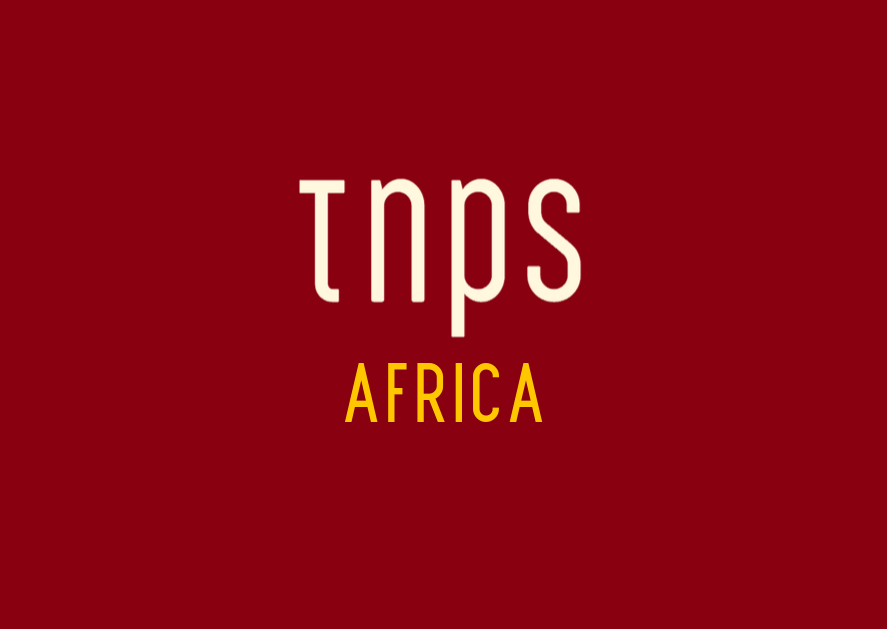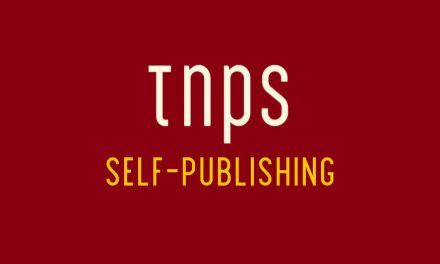Philip Jones, editor of The Bookseller, blogs this week on the British Christmas trade. I stress British, because despite the many similarities between the US and UK book trades there are also significant differences.
While romance dominates the US bestseller lists, mystery and thriller is the top genre in the UK. While Barnes & Noble teeters on the brink of bankruptcy, Waterstones goes from strength to strength.
So when Philip Jones raised a recent Radio 4 debate about diversity in publishing, my first thought was, is this a trans-Atlantic debate or something peculiar to the UK?
The book trade has long struggled to market its books beyond its heartlands – and even in the age of the internet, it remains true that many still find books inaccessible. In a Radio 4 programme, “Where are all the Working-Class Writers?”, the author Kit de Waal said that publishing, like the rest of the arts, needs to find new markets.
“Working-Class Writers”? Aren’t we all?
Well, most of us. At least at first.
JK Rowling may have risen way above her station, but her legendary ascent from unemployed desperation to the point where she can live beyond comfortably never needing to write another word is what drives working class authors to try their hand at the noble art.
There cannot surely be that many Byrons today who write purely for pleasure, able to live on some inherited income that never needs replenishing.
Sure there are, as Kit de Waal, says,
writers and readers in the underclass ready to see their lives depicted in literature (and) there are stories already written that deserve to be read,
but Philip Jones, in invoking without challenge de Waal’s assertion that there are
new stories that will remain lost or untold until something changes
seems to have returned briefly to his “penny dreadfuls” years – that being the label with which Jones dismissed self-published ebooks at the start of this decade. (Not that you didn’t have a point, Philip, but the label stung for some of us upstart indies who back then were outselling the ebooks of some of the biggest names in the game.)
But back to the point, and to be absolutely clear: if there are any authors in the UK in late 2017 whose stories will remain lost or untold, they have only themselves to blame.
Not that self-publishing is some magical recipe for success and discovery. But the bar to entry in the western publishing markets, to the western publishing markets, is now determined by the author, not the commissioning editor.
I missed the Radio 4 programme referred to, so don’t know whether de Waal’s comments were driven by ignorance or by some anachronistic attachment to the idea self-publishing is vanity publishing. I am surprised that Philip Jones should repeat the assertion unchallenged.
But to be fair, his point was with regard to the issue of working-class literature, or the perceived lack thereof.
And this is where I do share the bewilderment that British publishing has not embraced this niche more fully. (And again we might stress British here because the American class system has developed along different lines from that in Britain.)
In the world of TV the dramatically embellished life of the British working class is staple viewing for countless millions week in, week out in the form of soap operas like Coronation Street and Eastenders, yet there are barely a handful of books, commemorative titles aside, that seek to bring these stories and characters to readers.
A missed opportunity both by the TV companies and by publishers who could be exploiting this audience both directly with TV spin-offs and indirectly by developing original themed content to appeal to this easily-targetted audience.
But let’s end on the good news Jones offers in his Christmas round-up.
For the fourth consecutive year it seems festive season book sales are doing well. Or not, depending on whether you measure by volume of sales (down a little) or revenue. Says Jones,
The great big run-up to Christmas began in late September, when the value of the Nielsen BookScan-measured market edged above £30m in sales – and it has not fallen below that figure since.
Publishers are making more from less, as Jones notes, and that’s no bad thing if the more is profit and not just reflecting higher production and delivery costs.
But, says Jones,
the decline should worry us for another reason. As Waterstones managing director James Daunt says, this year has lacked something for non-core book buyers. Although some grumble at their success, trends – such as colouring in – are good for books because they break out in a way most individual titles do not.
Jones neatly tied that to a quote from PRH UK’s CEO Tom Weldon, on record as saying there is an “urgent commercial imperative” to be more diverse.
I’m all for that, but let’s hope that it can be done by genuinely embracing diversity, in format as well as audience-targetting and content-suppliers, not just following quotas to meet some politically- correct preconception about what readers ought to want.





